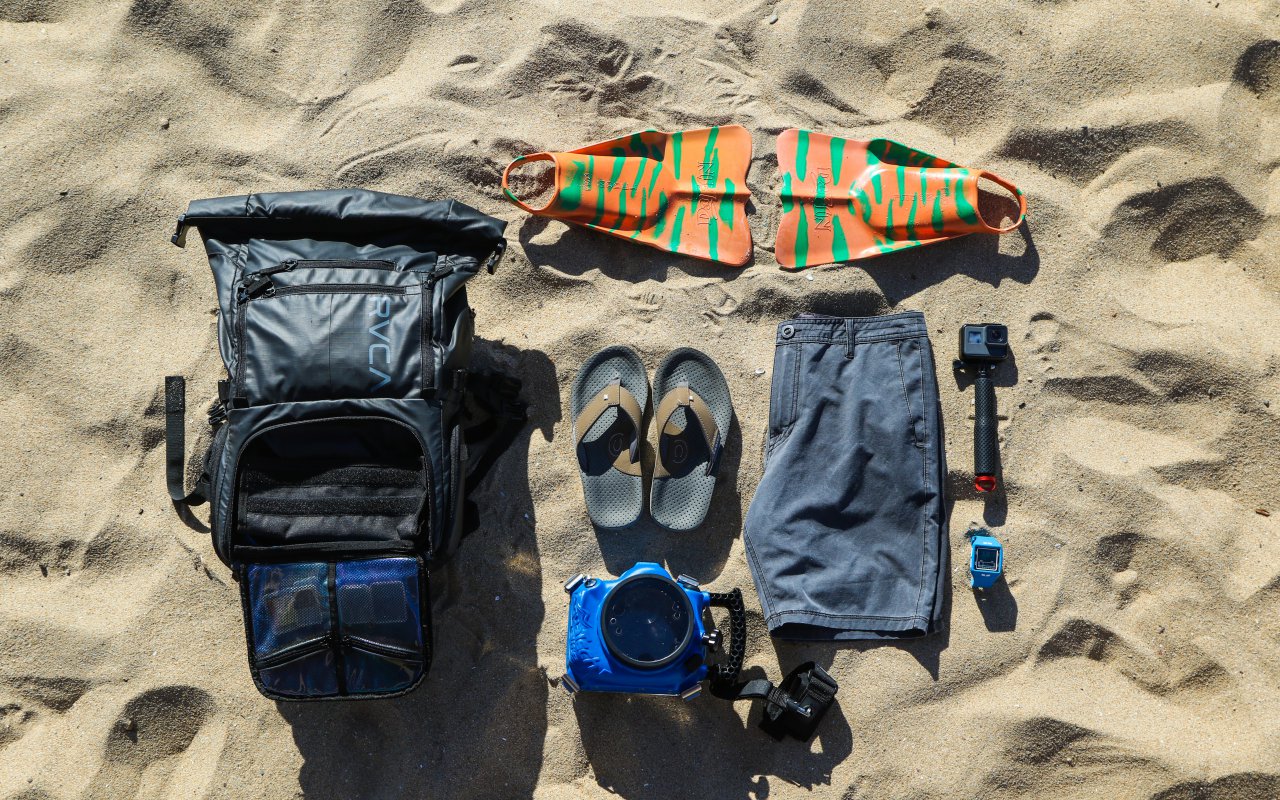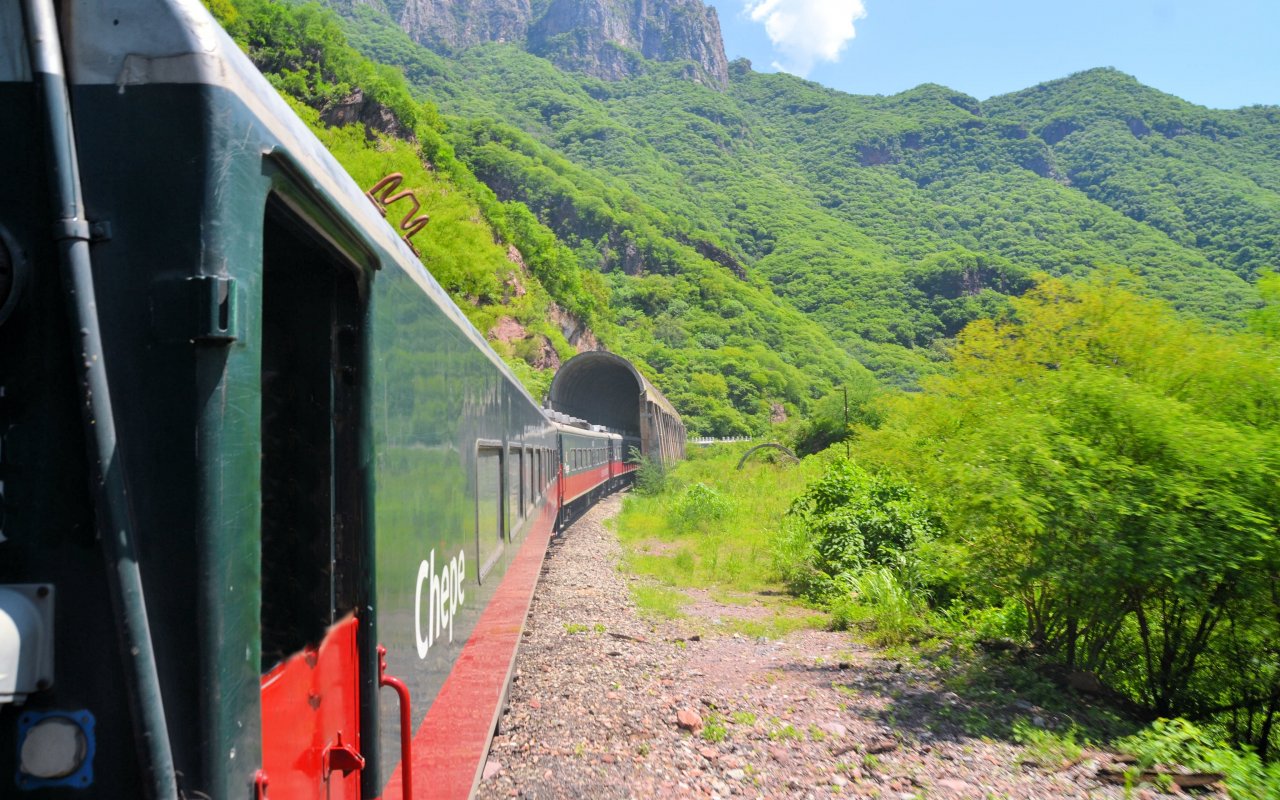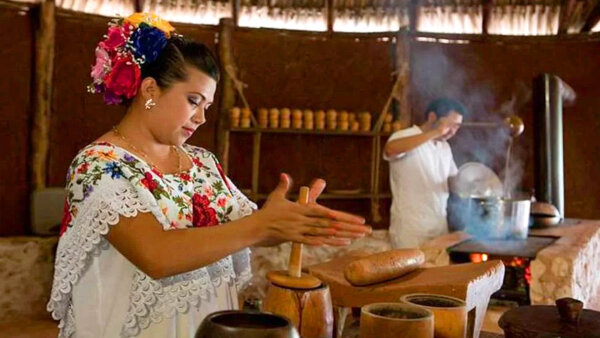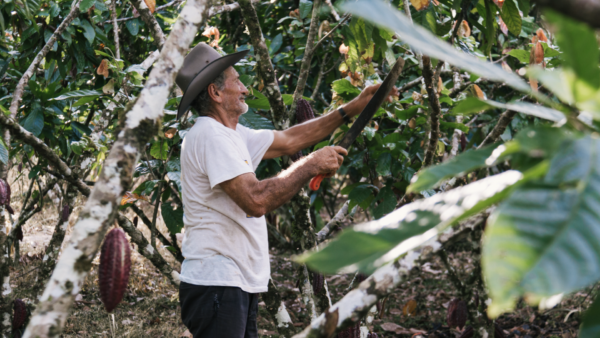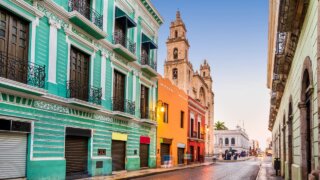Based on expert sustainable tourism blogs and research, here’s an enriched version of your article with essential tips that make a real difference:
How to travel more sustainably in Mexico
If you’d like to embrace a more sustainable approach to your Mexico trip, here are practical, expert-recommended tips that create meaningful positive impact.
We’re committed!
As a travel agency newly involved in the Travelife certification process, we strive to take action on key issues for more responsible tourism by working with local partners who share our values, and by making a concrete commitment to the environment.
Before you go: smart packing choices
Choose reef-safe sun protection: Opt for mineral-based sunscreens with zinc oxide or titanium dioxide, or better yet, protect yourself with long-sleeved rash guards, wide-brimmed hats, and UV-protective clothing. Mexico has banned certain chemical sunscreens in protected marine areas to safeguard coral reefs and marine ecosystems.
Pack reusables: Bring a refillable water bottle with a built-in filter (like LifeStraw or Grayl), reusable cloth shopping bags, a set of travel cutlery, and a collapsible coffee cup. These simple items dramatically reduce single-use plastic waste throughout your trip.
Choose sustainable luggage: Travel with carry-on only when possible to reduce fuel consumption from heavier aircraft. Pack versatile, multi-purpose clothing items that you can mix and match.
Transportation choices that matter
Minimize flight emissions: Choose direct flights whenever possible—takeoffs and landings consume the most fuel. If you must make connections, consider booking with airlines that use newer, more fuel-efficient aircraft or have committed to sustainable aviation fuel programs.
Consider carbon offsetting thoughtfully: While not a perfect solution, high-quality carbon offset programs through certified providers like Gold Standard or Sustainable Travel International can help compensate for unavoidable flight emissions by funding renewable energy, reforestation, or clean cooking stove projects. However, reduction should always come before offsetting.
Travel overland when feasible: Mexico’s excellent bus network (ADO, Primera Plus, ETN) offers comfortable, lower-carbon alternatives to domestic flights. Long-distance buses emit approximately 80% less CO₂ per passenger than flights for the same distance.
Use public transportation and active transport: Walk, cycle, or take local buses and the metro instead of taxis or rental cars. Not only does this reduce emissions by up to 75%, but it also provides authentic cultural immersion and supports local transit systems.
Share rides: When you do need a car, use ride-sharing services or carpool with other travelers to maximize vehicle occupancy and minimize per-person emissions.
On-site practices: making a daily difference
Conserve water and energy: Take short showers (Mexico faces water scarcity in many regions), turn off air conditioning, lights, and electronics when leaving your room, and reuse towels rather than requesting daily changes. Hang the “do not disturb” sign to skip unnecessary daily housekeeping.
Choose eco-certified accommodations: Stay in hotels and hostels with recognized environmental certifications (Green Key, EarthCheck, or Rainforest Alliance Verified) that use renewable energy, implement water-saving systems, and have comprehensive waste management programs.
Eat local and seasonal: Visit local markets, eat at family-run restaurants (fondas), and choose traditional Mexican dishes made with locally-sourced ingredients. This reduces food transportation emissions, supports local farmers and food producers, and creates a more authentic culinary experience. Avoid imported products when excellent local alternatives exist.
Reduce food waste: Order only what you can eat, or ask for smaller portions. Food waste in tourism accounts for significant environmental impact and represents lost resources.
Buy authentic, locally-made souvenirs: Purchase handicrafts directly from artisans and local cooperatives rather than imported mass-produced items. This ensures fair prices reach the makers and helps preserve traditional crafts while supporting local economies.
Minimize waste production: Refuse plastic bags, straws, and single-use items. Carry your reusables and choose vendors and restaurants that use minimal packaging. Properly separate recyclables when facilities are available.
Book responsible tours and activities: Choose tour operators that employ local guides, limit group sizes, follow environmental best practices, and contribute to conservation efforts. Look for businesses certified by Travelife, Sustainable Travel International, or similar recognized programs.
Respecting nature and culture
Respect wildlife and natural habitats: Never feed wild animals, maintain safe distances, stay on designated trails, and never touch or remove coral, shells, plants, or archaeological artifacts. Choose wildlife experiences that prioritize animal welfare—avoid facilities that offer swim-with-dolphins programs, elephant rides, or photo ops with captive wild animals.
Honor cultural sites: Follow all rules at archaeological sites and museums, don’t climb on structures unless explicitly permitted, avoid touching ancient carvings or paintings, and be respectful in sacred spaces and during ceremonies.
Support conservation directly: Consider purchasing entrance fees to national parks and protected areas (which fund conservation), or making donations to local environmental organizations working to protect Mexico’s biodiversity.
Learn and engage: Take time to learn about local environmental challenges, indigenous cultures, and conservation efforts. Engage meaningfully with local communities through cultural workshops, cooking classes, or language exchanges rather than superficial tourist interactions.
Practice “leave no trace” principles: Pack out everything you pack in, including cigarette butts. Leave natural areas and beaches cleaner than you found them by picking up litter you encounter.
Digital sustainability
Minimize digital carbon footprint: Downloading maps, guides, and entertainment for offline use before your trip reduces data usage. When online, avoid streaming high-definition videos and downloading large files over mobile data—WiFi is more energy-efficient.
Share responsibly on social media: Be mindful about geotagging sensitive natural areas or remote locations that could become overwhelmed by tourism. Consider delaying posts from pristine or fragile locations.
The meaningful impact of your choices
Through these sustainable travel practices, your involvement enables you to:
Protect biodiversity and ecosystems: By choosing reef-safe products, respecting wildlife, supporting conservation areas, and minimizing pollution, you help preserve Mexico’s extraordinary natural heritage—from the Monarch Butterfly Biosphere Reserve to the Mesoamerican Reef.
Create positive economic impact: Supporting locally-owned businesses, buying from artisans, and choosing community-based tourism ensures that your tourism dollars directly benefit Mexican families and communities rather than international corporations.
Preserve cultural heritage: Respectful engagement with cultural sites, purchasing authentic handicrafts, and learning about indigenous traditions helps maintain Mexico’s rich cultural diversity for future generations.
Reduce climate impact: Through conscious transportation choices, energy conservation, and sustainable consumption, you minimize your contribution to climate change—a critical issue affecting Mexico through increased hurricane intensity, droughts, and threats to coastal communities.
Experience authentic immersion: Sustainable travel practices naturally lead to deeper, more meaningful connections with places and people, creating richer memories and transformative experiences that superficial tourism cannot provide.
Remember: collective action creates change
Individual actions may seem small, but when thousands of travelers make conscious choices, the cumulative impact becomes substantial. Tourism accounts for approximately 8% of global greenhouse gas emissions, and with travelers increasingly demanding sustainable options, the industry is responding. Your choices signal to businesses and destinations that sustainability matters, encouraging broader systemic changes in how tourism operates.
As Antoine de Saint-Exupéry wrote: “We do not inherit the earth from our parents, we borrow it from our children.” By traveling sustainably in Mexico, you help ensure that this extraordinary country’s natural wonders, vibrant cultures, and welcoming communities will thrive for generations to come.
Start small, stay consistent, and inspire others—every sustainable choice matters, and together we can transform tourism into a force for positive change.



